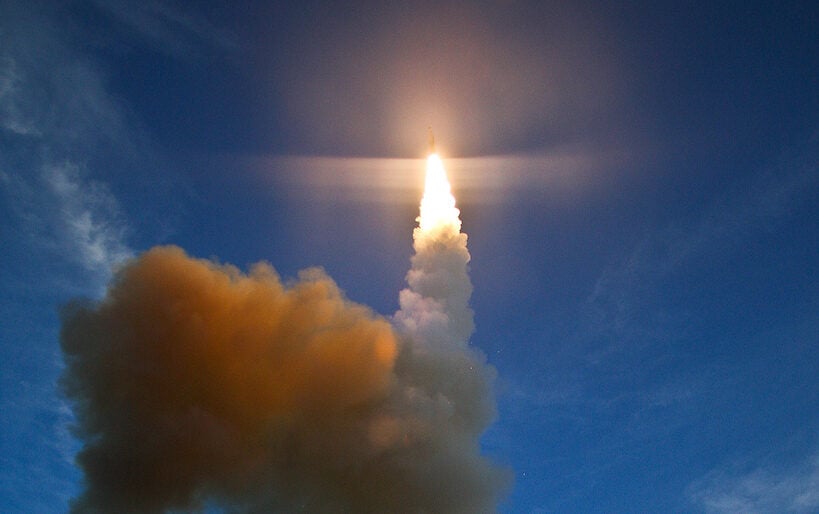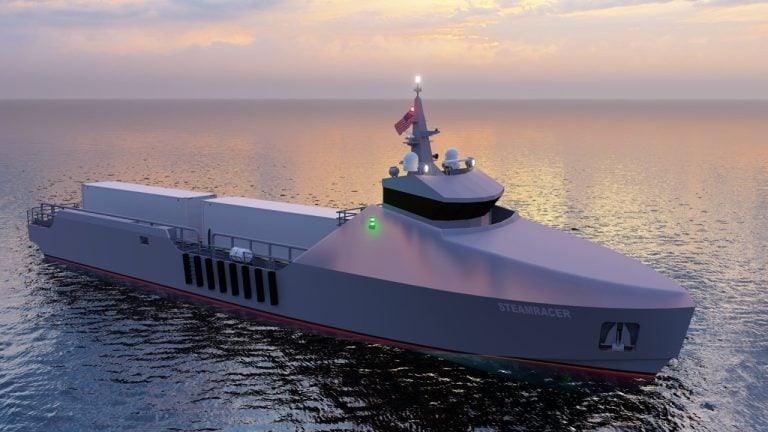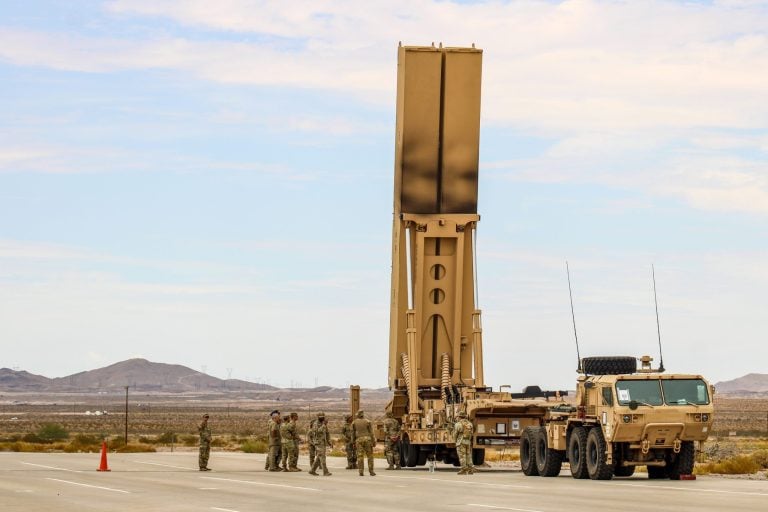Japan is taking significant strides towards advancing its military technology by developing a new generation of anti-ship missiles that harness the power of artificial intelligence. The initiative, spearheaded by the country’s Defense Ministry, aims to create a sophisticated system of missiles capable of communicating midair, thereby enhancing their effectiveness against enemy naval forces.
The proposed AI-powered missiles are designed to operate in packs, similar to a coordinated fleet of predators. They would have the ability to share critical data during flight, enabling them to adjust their tactics in response to dynamic battlefield conditions. This approach aims to overwhelm enemy ships by utilizing a networked system where missiles, decoys, and jamming units can collaboratively strategize and execute their missions.
Key features of the envisioned missile system include the capacity to calculate optimal flight paths and modify trajectories in real-time. This means that as enemy vessels attempt to evade incoming fire, the missiles would adapt and recalibrate their movements to maintain a high likelihood of successful strikes. By integrating advanced AI algorithms, these missiles could potentially outsmart traditional defense systems, presenting a significant challenge to adversaries.
The development of such advanced military technology underscores Japan’s commitment to strengthening its defense capabilities amid rising tensions in the region. The initiative reflects a broader trend of incorporating artificial intelligence into modern warfare, aiming to enhance decision-making processes and operational effectiveness on the battlefield.
As Japan continues to innovate in military technology, the global defense landscape may witness shifts, with countries likely reevaluating their strategies in response to rising capabilities in autonomous warfare systems. The future of combat may very well depend on systems that can think and operate collaboratively, changing the nature of naval engagements.







